The neurodiversity paradigm argues that each of us is different, not disordered. But at the same time, the neurodiversity movement sees many common difficulties as signs of disorders like ADHD and autism. This drive to diagnose normal human behaviour, writes Lucy Johnstone, is contradictory. It assumes a group of perfect neurotypical people, and promotes inclusion while putting people in boxes. We should ditch the “neuro” prefix and find other ways to value our diversity.
The term ‘neurodiversity’ was coined in 1997 by Australian sociologist Judy Singer. In her words:
‘As a word, “neurodiversity” describes the whole of humanity. But the neurodiversity movement is a political movement for people who want their human rights.’
For Singer, neurodiversity’ is not a medical or diagnostic term, but a way of accepting the undoubted fact that we all vary in the ways our brains work. As both she and the wider neurodiversity movement argue, it is very important to frame this in terms of difference not disorder. These equally valid ways of experiencing the world do not require a cure and nor should they be seen as a tragedy; we all have unique skills and struggles, and thus ‘neurodiversity’, like biodiversity in nature, is something to be welcomed.
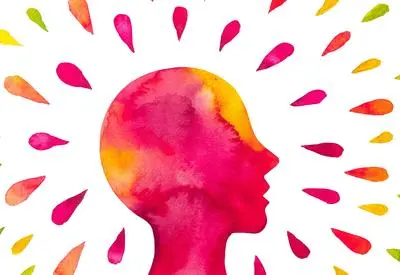 SUGGESTED READING
Beyond the mental health paradigm
By Lucy Johnstone
SUGGESTED READING
Beyond the mental health paradigm
By Lucy Johnstone
Few would disagree with Singer’s broad position and intentions. And in the last few years, the term ‘neurodiversity’ has become part of everyday language, along with a rapidly growing number of organisations, training courses, and businesses based on the concept. Clinicians of various backgrounds, journalists, teachers, policy-makers and parents have adopted this language, and social media posts such as ‘Neurodivergent TikTok’ receive millions of views.
But along the way, the concept has evolved into something very different, encompassing a much wider range of experiences than the core ‘neurodivergent’ presentations typically labelled as autism, ASD or ADHD. The consequences, I believe, are not always to be welcomed.
Firstly, there has been anger from parents and carers of children diagnosed as autistic according to the original, much narrower criteria in the diagnostic manuals, and who are by any standards disabled. The merging of this group with ‘Asperger’s or ‘high-functioning’ presentations means that children who never learn to speak or live independently find themselves in the same diagnostic group as articulate adults with friends, partners and successful careers. This includes a growing number of celebrities who now describe themselves as ‘autistic’ or as having ADHD, such as Chris Packham, Anthony Hopkins, Melanie Sykes, Gary Numan, Rory Bremner, Stephen Fry, Ant McPartlin, Sheridan Smith, Sue Perkins, Jamie Oliver, Johnny Vegas, Shaparak Khorsandi and Heston Blumenthal. Meanwhile, according to some, the more vulnerable core group is being excluded from scarce resources as more articulate and assertive voices take centre stage.
 SUGGESTED READING
Mental health is contagious
By Don Forsyth
SUGGESTED READING
Mental health is contagious
By Don Forsyth







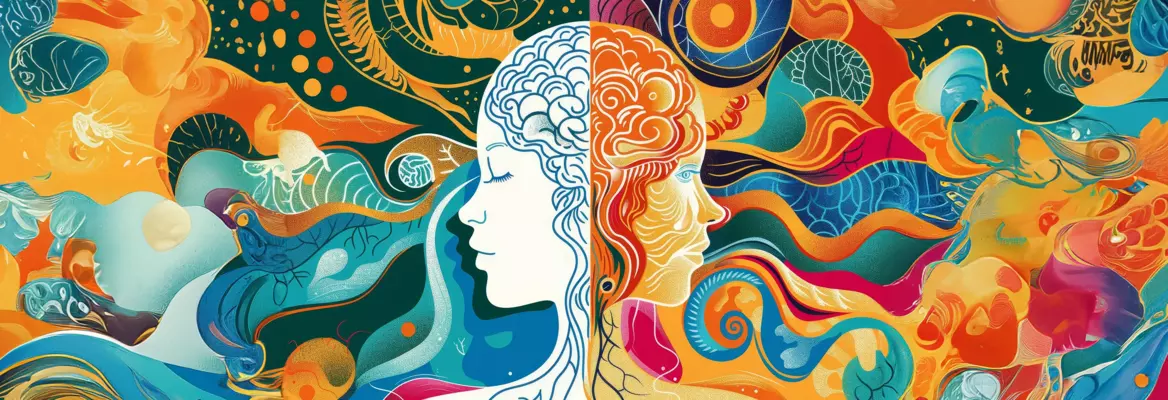


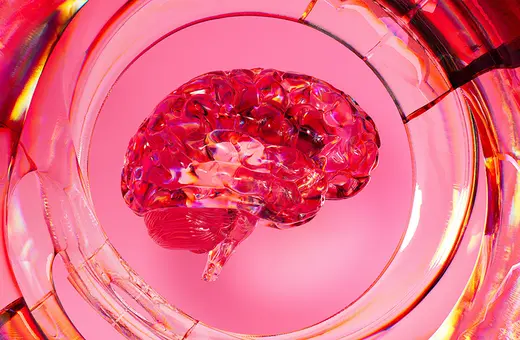
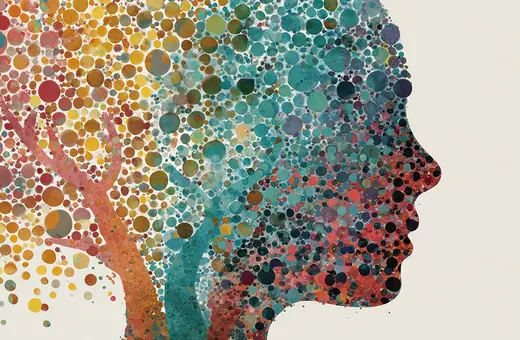


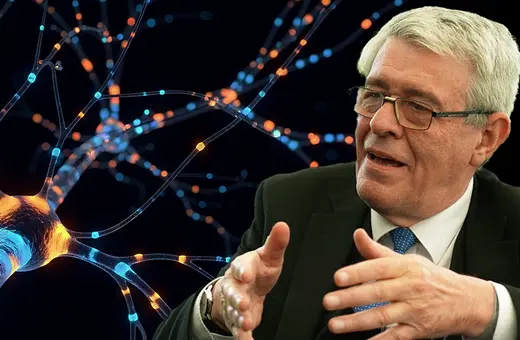
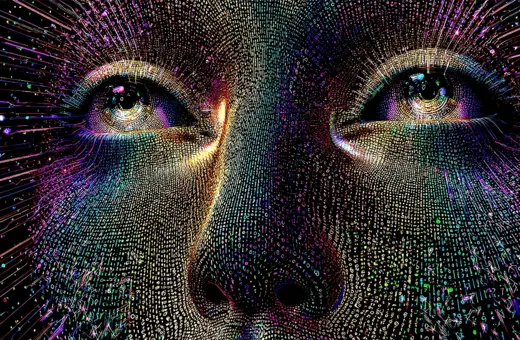
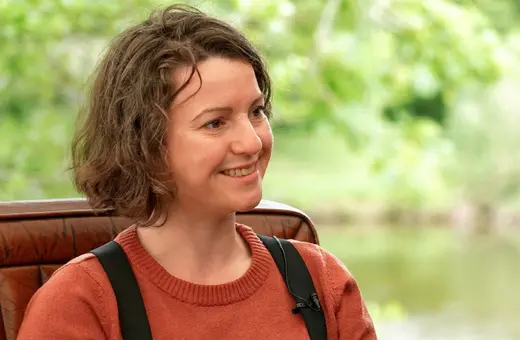




Join the conversation